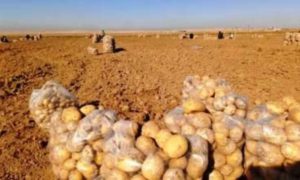Sociology professor Abdul Sattar Al-Sahbani examined the increasing levels of crime in Tunisia and its growing nature in a statement to Tunisie Numérique. He attributed this development mainly to two factors.
The first factor he identified is the notable number of crimes that were happening in Tunisia but were kept quiet and not publicized by the media or authorities, especially those related to incest. After the revolution, it became impossible to hide these crimes, leading to growing awareness and discussion.
The second factor he highlighted is the country’s widespread crisis and a substantial reduction in societal standards, forming a crisis of values. This crisis is interconnected with issues of success, social advancement, and the broader economic, political, and social challenges confronting the nation. Further, the environment has become one that nurtures and displays the potential for violence in individuals and groups, influenced by media sensationalism that exaggerates events for higher viewership ratings.
The sociology professor likewise addressed a third issue, stressing that crime in Tunisia has seen a quantitative growth rather than a qualitative one. While recognising the existence of some heinous crimes, he remarked that Tunisians are not accustomed to such extremes, and there is a tendency to exaggerate them.
Concerning the approach to dealing with crime, Al-Sahbani underscored the inadequacy of relying solely on security measures. He advocated for the development of cognitive tools to understand current societal phenomena. He called for increased focus on sociological studies, psychological research, and comparative studies to address these complex societal problems effectively.
What's happening in Tunisia?
Subscribe to our Youtube channel for updates.










































